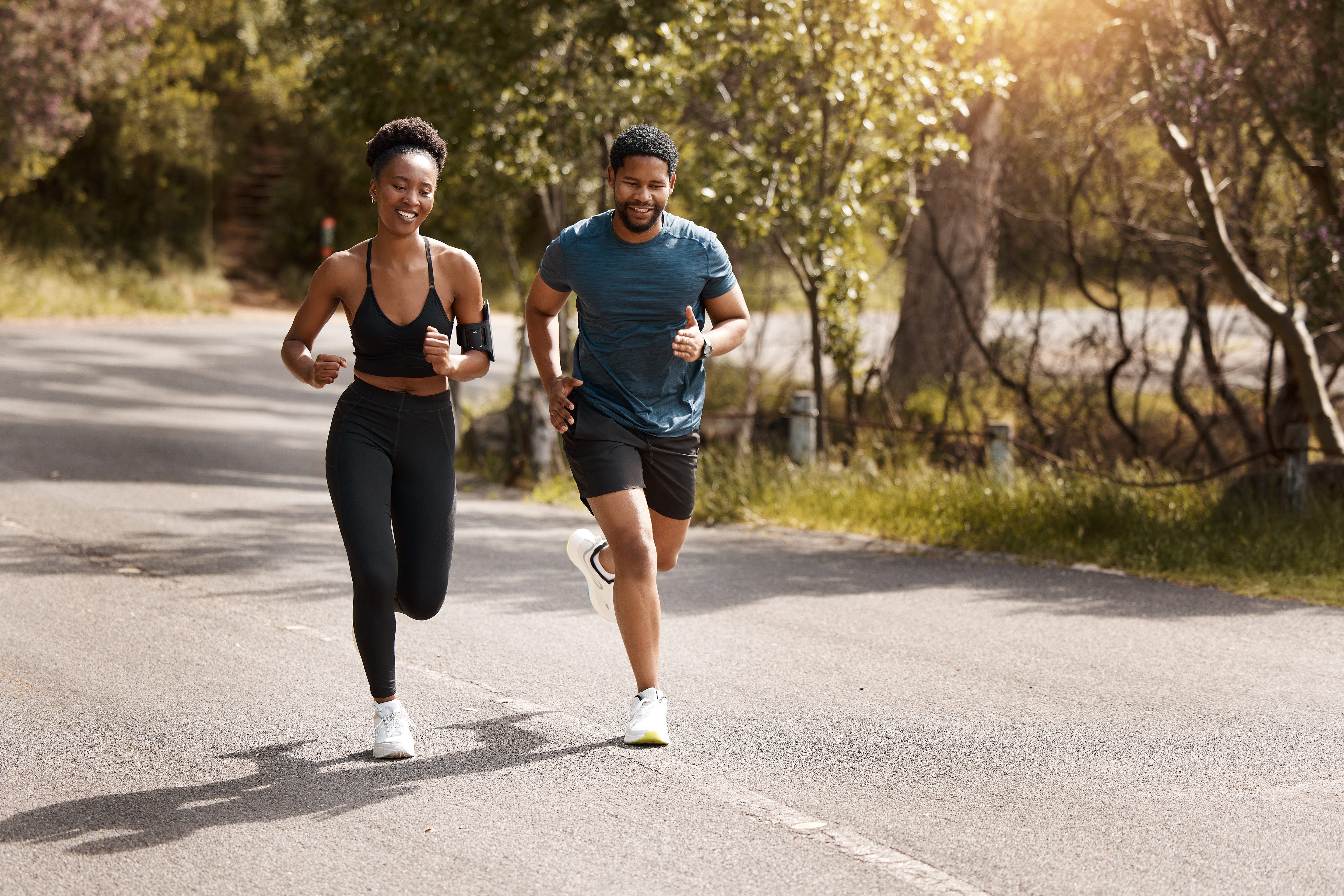Knowledge to action
Integrated knowledge translation is an approach that promotes collaboration between researchers and sport and physical activity stakeholders. As part of the research team, stakeholders can expect to have input on the research project, ensure it is relevant to their community, and contribute to distributing findings beyond academic audiences.
Exercising outdoors in Canada: What the research tells us about exercising safely and effectively in extreme heat

Highlights While Canadians are used to severe winter weather, 9 of the 10 warmest years on record in Canada have occurred in the last 25 years. This has real world implications for outdoor sport events. For example, even the best triathletes in the world struggled with the extreme heat in Edmonton in July, with Paula…
Stakeholder engagement is real-world data
For sport organizations, stakeholder engagement is a real-world data source that can help them to better understand their organization and programs and make adjustments. To engage stakeholders thoughtfully, organizations should make sure to receive feedback openly (without getting defensive), consider the format (for example, anonymous survey) and develop a plan for reporting back (such as…
Returning to sport with long COVID
Researchers’ understanding of overtraining syndrome (OTS) is guiding their advice for athlete return to sport in the case of post COVID-19 condition, also known as long-COVID. Those experiencing long-COVID should moderate their activity in the same way as overtrained athletes, with “symptom-titrated physical activity,” the gradual reintroduction of intensity based on close monitoring of an…
Sport research and practice
Sport and physical activity research can get stuck sitting in the pages of academic journals. Integrated knowledge translation is one way to make sure that doesn’t happen! Integrated knowledge translation involves meaningful collaboration between researchers and knowledge users to help bridge the gap between research and practice.
Technology in sports
Augmented reality (AR) creates an enhanced version of the real world using digital visual, sound, and sensory information. Research shows that AR in sports can assist athlete training by providing visualizations of real-time performance metrics and increasing the accuracy of complex movements through feedback. Interactive scenarios created by AR can also further enhance the viewing…
Sports injury surveillance systems
The sport sector is constantly striving to enhance injury prevention mechanisms. Sports injury surveillance systems that provide quality data are critical when creating and evaluating injury prevention strategies. These strategies should be incorporated at all levels to create stronger standards for data reporting, monitoring injury and developing sport safety strategies.
Using machine learning to diagnose concussions
Diagnosing concussions in athletes and deciding on return-to-play strategies often relies on subjective measurements. The Concussion Index can help reduce subjectivity by using brain electrical activity and machine learning to diagnose concussions. Improved diagnosis reliability can help reduce concussion-related disabilities in athletes.
Biomarkers for concussion diagnosis
Concussion diagnosis largely relies on subjective experiences. But new research is being conducted to measure physiological effects of concussion through biomarkers in athletes’ saliva. This approach could change the way concussions are diagnosed and help monitor athletes’ brain health post-concussion.
Coping through sport
Research shows that sport participation can help athletes cope with adverse life events. For example, social support networks built through participation in recreational sport leagues can build confidence and offer a reprieve from negative emotions. Adult sport leagues can harness these findings to better market and reshape their leagues to attract new participants.